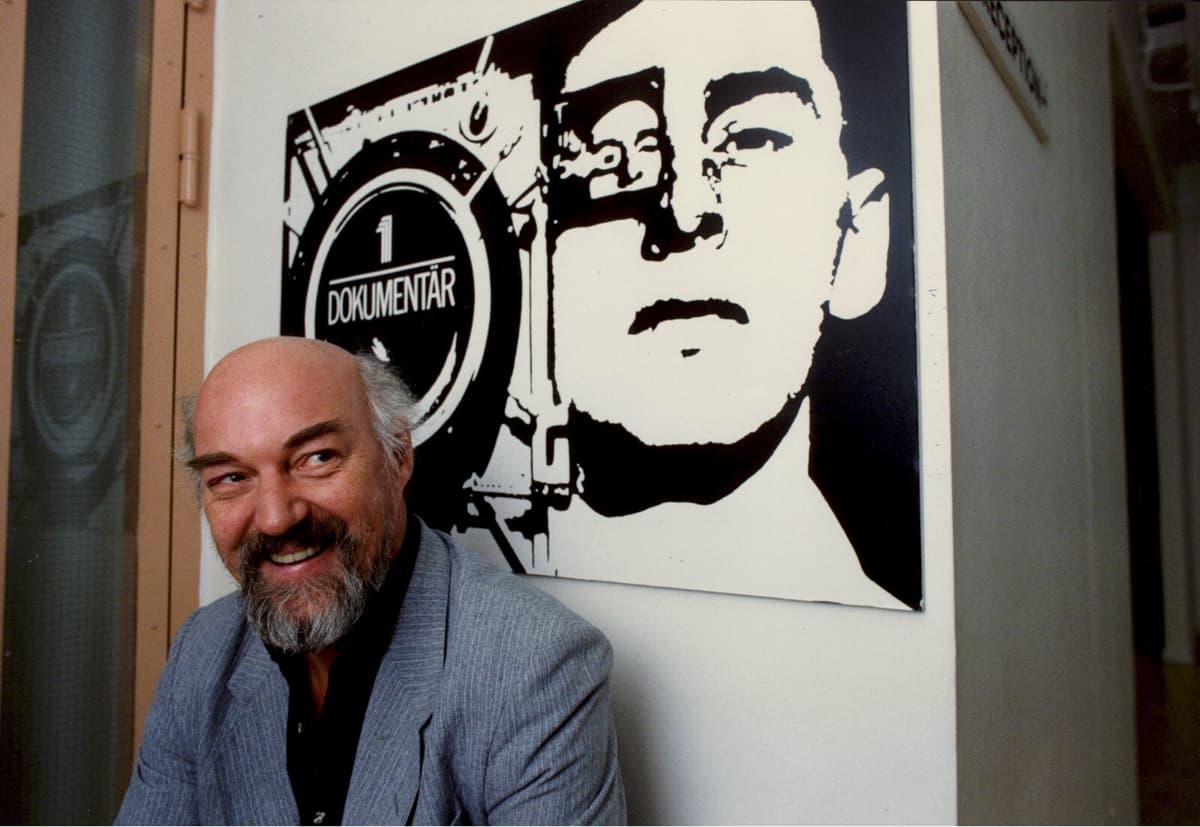Lasse Westman was born as Lars Gerhard Vestman in Nysve outside Östersund. He began drawing caricatures for the newspapers Lektyr, Se and Expressen and could eventually finance his art school education. He got a foot in the door on TV in the early 1960s and made a number of documentaries about, among other things, Cuba and Africa. Travel stories he would later continue with, from among other places Asia and USA.
He became known for making documentary films about his close family members and himself. "The Birth" (1979) documented the birth of his son Dan, whom Westman had with his then-wife Gudrun Schyman. The sequel "I can, I want, I dare" (1980) was about the son's first time in life. "See death" from 1991 perhaps received the most attention, as Westman had followed his mother for 20 years, until her death in long-term care in Östersund.
Westman also made documentary films about raggare, the large miners' strike in Malmberget and the construction of the Öresund Bridge. In the beginning of the 00s, he settled down in Brazil, where he made a film about love and divorce from his own life with the title "Do you love me?" (2004).
The theme of eroticism was also important to him and a recurring topic. In an interview, he explained that the interest went deeper than the act of sex itself:
It's about a constant tenderness, when you pass each other, you take each other's hands, you look tenderly at each other. It becomes much clearer in a sexual relationship than in a regular friendship, but it's there too. My enormous need probably stems from a childhood or youth that was poor in that, said Westman to Flamman 2005.
Lars Westman became 86 years old.






